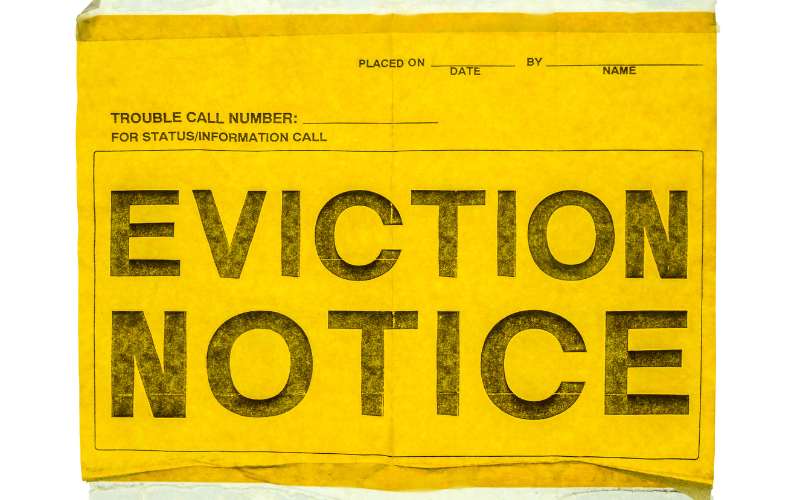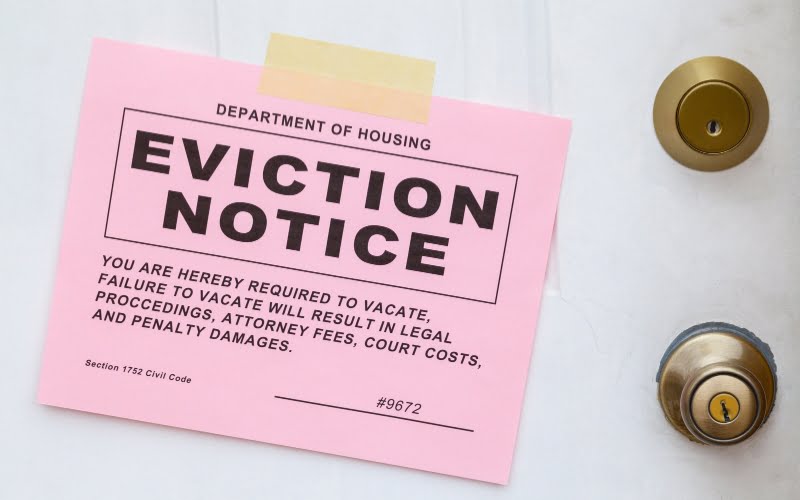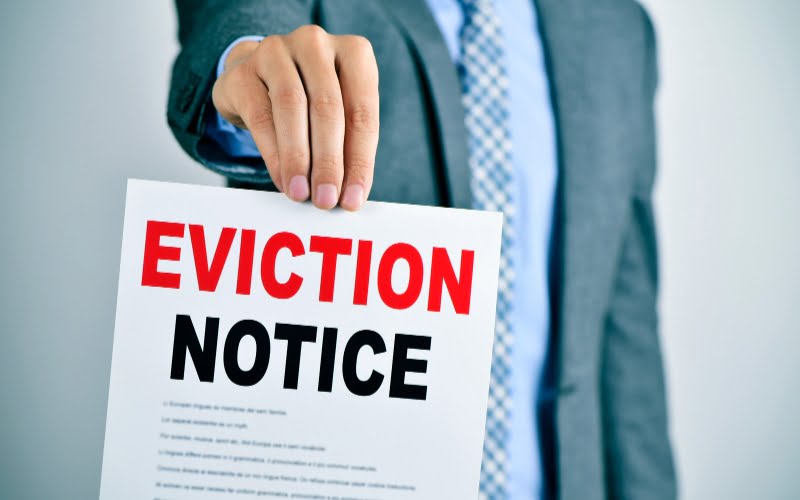Last Updated on May 8, 2025 by Kelvin Nielsen
Sure, evicting a family member from your Georgia property can be anything but easy. However, it can become necessary under certain circumstances.
For example, they may have failed to keep their end of the bargain when it comes to paying for things like utilities, groceries, or even a portion of the rent. And this may have caused you undue financial strain.
Other reasons that can make someone want to evict a family member include the following.
- Failure to pay the agreed-upon rent.
- Disregard of the house rules, such as cleanliness, noise levels, or guests.
- Illegal activities on the premises.
- Excessive damage to the property.
- Physical or emotional threat to you or other members of the household.
In such cases, you may be left with no other option but to consider evicting the tenant from your Georgia rental property.
Be that as it may, you must follow the right eviction procedure. Just because they are a family member (even without a lease) doesn’t mean you can kick them out however you wish. For instance, by locking them out, removing their personal belongings from the unit, or shutting down utilities to create an uninhabitable living environment for them.
Not at all!
Evictions in Georgia must follow a specific procedure to be successful, no matter the violation the tenant has committed.
So, how do you evict a family member in Georgia? Well, here’s the step-by-step process you must follow.
How to Evict a Family Member in Georgia: Step-by-Step Process
How to proceed with an eviction against a family member will depend on the status of the lease.
The family member (an adult child, a sibling, or a relative) has a lease
If they have a lease with you, then you must first check to see whether a violation has occurred. Common lease violations in Georgia include: nonpayment of rent, failure to move after the lease is over, excessive property damage, or illegal activity.
You must then serve the tenant with a proper advance notice before proceeding with their eviction. For example, to begin the eviction proceedings against a tenant who has failed to pay rent, you must serve them a 3 days’ advance notice to either pay the due rent or move out.
If they fail to take either action, you can proceed to court and file an eviction lawsuit. The court will then rule on whether or not the tenant must leave.
Generally speaking, expect this process to take between one and three months.
The Family Member Doesn’t Have a Lease
If the family member doesn’t have a lease with you, you’ll need to serve them a proper 60 days’ notice to move out. This eviction notice will allow your adult child or sibling to move out within 60 days or else risk getting forcefully evicted.
If they fail to move out within this period, you’ll need to file a lawsuit in court. Fortunately, these cases are usually quicker than standard civil cases. But it isn’t also uncommon for them to take several months to end.
Things Not to Do when Trying to Evict a Family Member from your GA Property
To be successful in evicting the family member from your Georgia property, please keep the following things in mind.
- Don’t take matters into your own hands. Regardless of what the family member has done, don’t resort to a self-help eviction. For example, locking out the tenant, removing their personal belongings from the unit, or shutting off essential utilities.
- Don’t assume the family member isn’t a legal tenant. You see, in Georgia, just like in most other states, a tenant can assume legal rights and responsibilities in multiple ways. That is, if a written agreement exists, if an agreement was made verbally, or if a payment is accepted as rent. After any of these has occurred, the tenant automatically obtains all rights and duties under Chapter 7, Title 44 of GA Codes.
What’s more, a guest in Georgia can also assume legal tenancy if they pay some of the rent or partake in some chores or housework.
- Don’t forgo a written notice. To properly terminate their residency, you’ll need to serve them with a proper notice. Georgia law specifies that an eviction notice be posted, in a sealed envelope, to the door of the property.
- Don’t harass or threaten the person to leave. Doing any of this will only escalate the issue and can even get you entangled in legal issues.
- Don’t fail to document everything. Evidence is key in winning any eviction case. Keep all records of all communication, notices you have served them, and any agreements made.
Conclusion
Now you know what you must do to evict a family member in Georgia. That said, consider the eviction process as a last resort. The best alternative would be to try to reach a mutually agreeable solution with the help of a neutral third party.
But should that fail, then make sure to follow the statewide eviction rules to the letter for successful eviction. Ideally, consider working with a professional to help you go through the proper legal process.
Disclosure: The content herein isn’t a substitute for advice from a professional attorney. It’s only meant to serve educational purposes. If you have a specific question, kindly seek expert attorney services.

Hi, I’m Kelvin Nielsen, an experienced landlord and accomplished real estate lawyer. My focus is on answering your questions about renting in the hopes of making your life as a renter or a landlord a bit easier.







